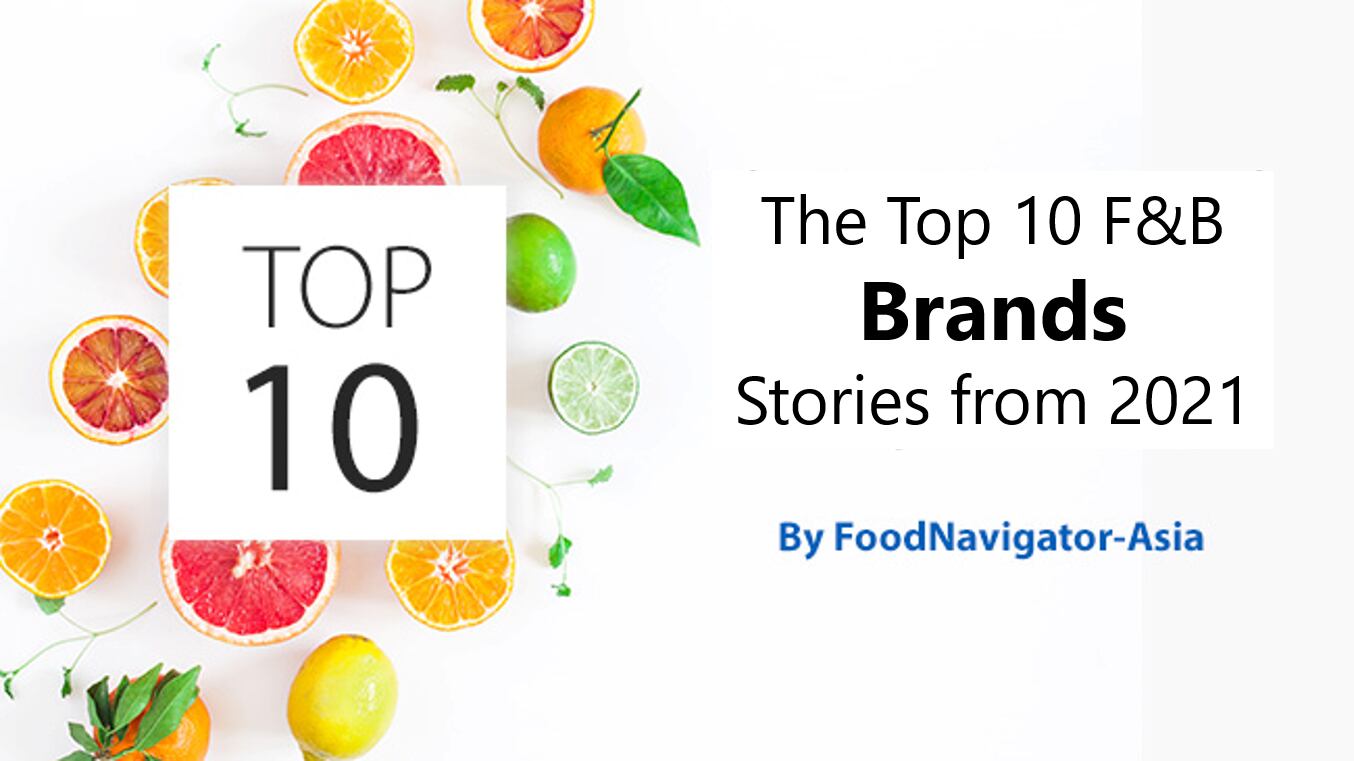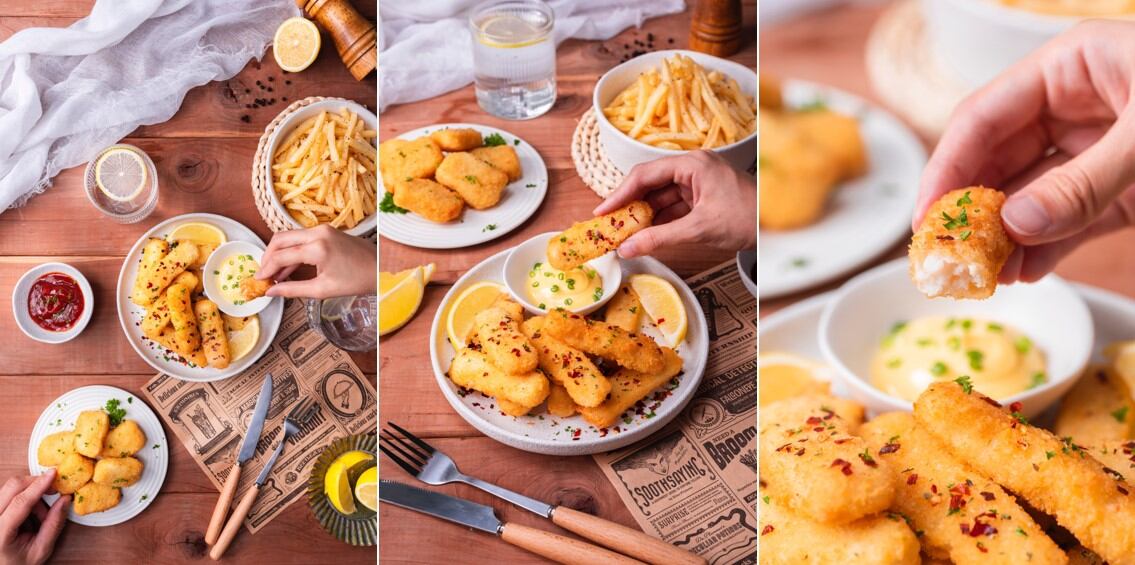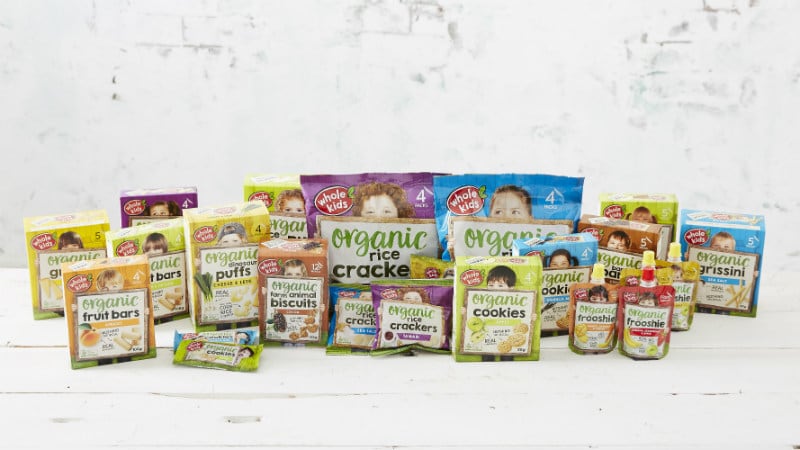‘Not sustainable’: Amul boss lambasts foreign ‘dairy dumping’ and ‘highly processed’ plant-based products as greatest dairy threats
The head of India’s largest milk brand Amul has hit out at excess ‘dairy dumping’ from foreign countries and the recent rise of ‘highly processed’ plant-based dairy as major threats to India’s largest agricultural sector.
Some 100 million families in India are dependent on the dairy industry for a living, and according to Dr Rupinder Singh Sodhi, Managing Director of Amul India and International Dairy Federation board member, recent developments such as increased milk imports and the plant-based dairy movement are causing undue threat to the traditional dairy industry.
“India is one of largest consumers of milk worldwide and also one of the fastest-growing, so when other dairy-rich countries markets are growing, everyone wants to come to India and dump their excess milk production here,” Dr Sodhi said.
New year, new category: Nestle Australia makes first foray into better-for-you ‘adult social beverages’ with upcycled cascara drink
Nestle Australia is kickstarting the new year by pioneering a whole new better-for-you beverage option dubbed NESCAFE NATIV Cascara, an upcycled coffee berry-based product with a strong Australian native flavours twist and sustainability profile.
This is the firm’s first foray in what it has dubbed a new ‘adult social beverage’ category – owing to the product’s caffeine content but without any alcohol content. Nestle Australia has expressed confidence in the growth potential of this new category after seeing other better-for-you beverages such as kombucha and coconut water experience strong growth in Australia in recent years.
“NESCAFE NATIV Cascara bridges the gap between overly sweet soft drinks and health toting kombucha [so will appeal to] consumers who want a delicious sophisticated drink while still being mindful of their choices,” Nestle Oceania Director of e-Business, Strategy and Marketing Martin Brown told FoodNavigator-Asia.
Nestle Malaysia CEO Exclusive Part II: Plant-based products to be key 2021 focus but ‘will take time’ to reach full potential
Nestle Malaysia CEO Juan Aranols has outlined the production and marketing strategies for the firm’s venture into the plant-based arena, although he believes it ‘will take time’ for the sector to reach its full potential in Asia.
Nestle Malaysia has completed the establishment of a specialized plant-based facility in its Shah Alam plant, its first in South East Asia and the only other one in Asia apart from a China-based facility located in Tianjin which just started operations at the end of 2020.
According to Aranols, the firm spent around RM150mn (US$37mn) out of a total of RM280mn (US$69.1mn) allocated CAPEX for this year on the facility, dubbed the Plant-Based Meal Solutions (PBMS) manufacturing facility.
The plant-based products are marketed under the Harvest Gourmet brand which already has some recognition in APAC markets like Australia, and the plan is to launch plant-based innovations in other product categories too.
“We are mindful that this plant-based category is really at an early stage here, and we will need time to build this and educate consumers,” he told FoodNavigator-Asia.
Nestle Malaysia CEO exclusive Part I: Product affordability key priority amid country’s second COVID-19 lockdown
Nestle Malaysia’s CEO Juan Aranols revealed the firm’s priority is to keep its products available and affordable for consumers, even as the firm dealt with the impacts of a second COVID-19 lockdown.
Nestle Malaysia is widely considered the company’s overall manufacturing hub for most of the Asia Pacific region, and exports products to over 50 countries, from Australia to the Middle East to the entire South East Asian region. The company operates multiple factories in Malaysia, including the Milo Manufacturing Centre of Excellence in Chembong and a Shah Alam plant manufacturing notable brands Maggi, Nescafe and soon-to-house its latest plant-based manufacturing facility.
Many of Nestle Malaysia’s workers are located in the Klang Valley region, where a huge spike in COVID-19 cases were seen earlier this year, and the firm managed to keep its facilities safe from the pandemic by depending on both stringent testing and strict SOPs.
“We anticipated that a new wave of COVID-19 was coming even before it hit, so we started doing mass screenings and getting staff who should to work from home where possible way in advance – for those who do come in, we’ve been using rapid test kits to do screenings since around early October, and are thankful that we’ve done so,” said Aranols.
Mars Wrigley exclusive interview: Firm reveals business strategy to increase presence in emerging markets
Confectionery giant Mars Wrigley has revealed that it will be taking a ‘present forward, future back’ strategy to increasing its presence in markets it has classified as ‘Global Emerging Markets (GEM)’ after a recent structural reorganisation to form this operational cluster.
According to Mars Wrigley GEM President Blas Maquivar, the GEM cluster was formed to bring together markets that shared specific commonalities into one business unit so as to be ‘in allocating the right investments and resources to these markets’.
“The GEM cluster now comprises about 150 countries within the whole of Asia except China, all of the Middle East, Latin America from Mexico to Brazil, and all of Africa – these are markets where we want to be more intentional in providing the right resources so as to accelerate growth,” Maquivar told FoodNavigator-Asia in an exclusive interview.
“Though there are definitely differences between the markets inside this cluster from India to Vietnam to Mexico, they all share some commonalities: First is a rapidly growing young population, then a clear prognosis of GDP growth, and importantly, a low penetration of categories that we compete in such as chocolate.
UAE’s Al Ain Farms CEO exclusive 1: Product innovation priorities and sustainability focus revealed
Production innovation is a major area of focus for UAE-based Al Ain Farms, with the firm exploring new products, recipes, and formats, revealed CEO Willem van Walt Meijer, who has signalled a step change in approach to new business development.
Founded in 1981, Al Ain Farms was UAE’s first dairy company and has since expanded into the juice and poultry sectors. The firm services more than 12,000 outlets in UAE with cow milk, camel milk, yoghurt, juice, chicken, eggs and other products.
Meijer told FoodNavigator-Asia: “Al Ain is seen over the years as a company which has not delivered a lot of new business.”
“We were always a bit shy previously, but we are starting to investigate this.”
The Real Thing! Coca-Cola Amatil tells shareholders takeover deal is as good as it gets
Coca-Cola Amatil (Amatil) was sold to Coca-Cola European Partners (CCEP) earlier this year, and the company told shareholders the deal was as good as it gets, warning that share prices could fall if it doesn’t go ahead.
CCEP adjusted its offer price to a ‘best and final’ offer of A$9.8bn (US$7.6bn) or A$13.50 (US$10.45) a share earlier this year.
The takeover (referred to in official documentation as the ‘Scheme of Arrangement’) was put to the vote on April 16 2021, and in advance of this Amatil issued a formal Scheme Booklet containing details of the potential transaction, also simultaneously formally urging shareholders to vote in favour of the CCEP takeover.
“The Amatil Related Party Committee [unanimously recommends] that independent shareholders vote in favour of [this takeover], and Amatil Group Managing Director Alison Watkins also recommends [the same],” Amatil said.
Nestle’s 2020 APAC performance: Plant-based localisation, sustainability and affordability key focus areas after China pulls down growth
Earlier this year, Nestle committed to focus on plant-based product localisation, sustainability and affordability as key focus areas for its Asia Pacific businesses on the back of the region posting near flat-growth as a result of poor performance in China.
The firm revealed in its 2020 Full Year Results announcement that its businesses in Zone Asia, Oceania and sub-Saharan Africa (AOA) had seen overall organic growth of just 0.5%, with sales decreasing by CHF 1.4bn (US$1.6bn) to CHF 20.7bn (US$23.1bn) in 2020, from CHF22.1bn (US$24.6bn) in 2019.
“Growth numbers in APAC were mostly impacted only by China, where we faced some specific issues such as our exceptionally high exposure in that market to the Out-Of-Home category which was severely hit by COVID-19, as well as Chinese consumers not stockpiling food supplies at home in contrast to what was seen in most other markets,” Nestle CFO Francois-Xavier Roger said.
“There was also the issue of the timing of Chinese New Year occurring earlier than usual last year but later this year, meaning we did not pick up any of the usual boom in sales [for the financial year].
Drop it then it's hot: Coca-Cola Japan creates freeze-dried tea and coffee cubes to reduce packaging waste
Coca-Cola Japan has developed a barley tea, green tea and coffee freeze-dried cube under the 1,2,CUBE brand to bring an innovative, convenient, and environmentally friendly solution to the instant beverage market.
Freeze dried coffee and tea are not novel, although it is not common in Japan. This is Coca-Cola Japan’s first product of its kind.
It is made by extracting tea leaves or coffee beans in a concentrate, which is then frozen and vacuumed. Because no aggressive heat treatment is applied, the original aroma and taste of the ingredients remain in the cubes.
The freeze-dried cubes can be added to hot or room temperature water which dissolves entirely. The technology is currently pending patent.
Sayaka Obayashi, sustainability manager at Coca-Cola Japan’s public affairs, communication & sustainability division told FoodNavigator-Asia: “With today's new lifestyles, people are spending more and more time at home, and there is a growing need for instant beverages that can be enjoyed easily at home.”
From noodles to alt protein: Tolaram signals new Asia approach after decades of African domination
Singapore-based multinational conglomerate Tolaram revealed plans earlier this year to diversify its focus and enter the Asian food market starting with the alternative protein sector, after several decades of dominating the African noodle industry.
Although the firm’s headquarters are based in Singapore, its commercial food activity has mostly been based in Africa since the 1980s, where it is best known for the local manufacturing of Indomie instant noodles as well as the marketing and distribution of Kellogg’s and Arla brand Dano products.
Indomie is the top-selling instant noodle in Nigeria, where it held over 70% of the market as of 2020. So far, Tolaram’s Asian activities have mostly been centred on the banking sector in Indonesia but moving forward the firm is looking to expand its focus in the region to include more food industry action, starting with the alternative protein industry.
“Providing food and affordable satiety is at the core of what we do, and we have a three-pronged formula for a successful consumer product in emerging markets – it must be acceptable, affordable and available,” Tolaram New Business Development Manager Avinash Aswani told FoodNavigator-Asia.





